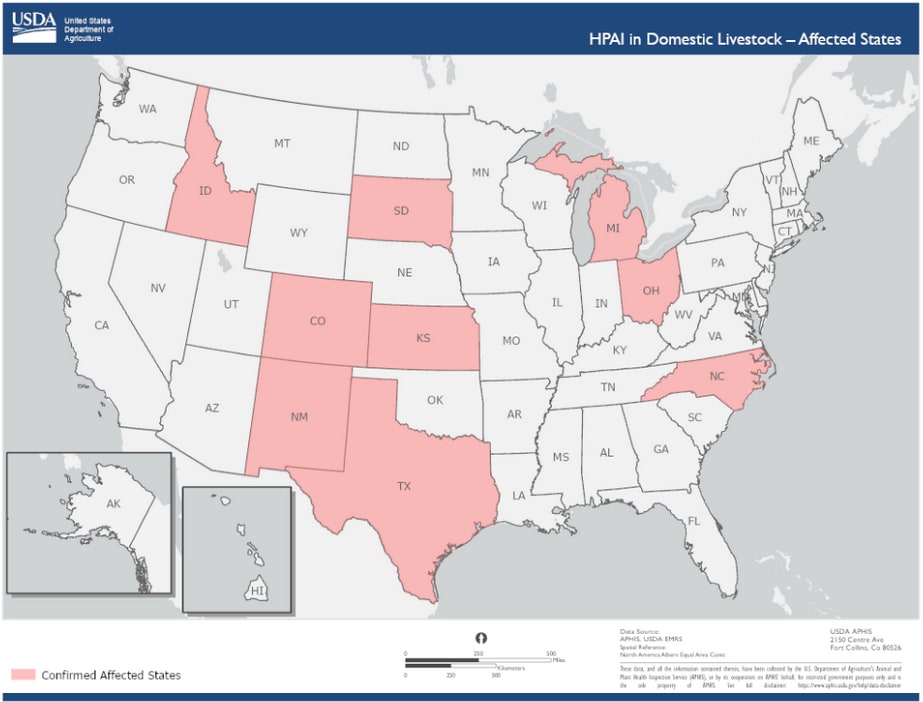If it’s worth saying, but not worth its own post, here's a place to put it.
If you are new to LessWrong, here's the place to introduce yourself. Personal stories, anecdotes, or just general comments on how you found us and what you hope to get from the site and community are invited. This is also the place to discuss feature requests and other ideas you have for the site, if you don't want to write a full top-level post.
If you're new to the community, you can start reading the Highlights from the Sequences, a collection of posts about the core ideas of LessWrong.
If you want to explore the community more, I recommend reading the Library, checking recent Curated posts, seeing if there are any meetups in your area, and checking out the Getting Started section of the LessWrong FAQ. If you want to orient to the content on the site, you can also check out the Concepts section.
The Open Thread tag is here. The Open Thread sequence is here.


From what I understand, because the US Electoral College is structured such that state laws determine who the electors will vote for as president, you wouldn't need any constitutional amendment or federal legislative action to impose an age limit for the US presidential election in particular. In contrast, I think the lower age limit of 35 for US presidents is a constitutional requirement, and as such would not be nearly as easy to change.
On a somewhat related note, there's an interesting attempt by US states to assign electoral votes based on the national popular vote.
Based on this Wikipedia quote, I imagine states could impose arbitrary requirements for who can or cannot receive the electoral votes, including imposing an age limit. Basically, add a clause to the state laws that "Electors must abstain if the winner of the plurality does not fulfill the following requirements...".
EDIT: Note, however, that if no candidate gets a majority of the electoral vote (270+ votes), then the US House of Representatives elects the US President instead. So while such a state law would disincentivize particular candidates, if such a candidate ran for president anyway and won the plurality of the state vote, then the abstention of the electors might well result in the Electoral College disempowering itself. And furthermore the House of Representatives could still elect an arbitrary candidate.
EDIT2: Okay, I think I've come up with a better state law design: If the winner of the plurality of state votes exceeds the age limit, then assign the electoral votes to either the second place instead (regardless of their age), or alternatively to whoever of the top two candidates is younger. Either version ensures that the electoral college will not abstain, which makes the House of Representatives route less likely. And either version disincentivizes a scenario where the presidential candidates of both parties exceed the age limit, since in this case, both parties are incentivized to run either a candidate below the age limit, or if not that, then at least a younger candidate than the opposing party's. And only the former strategy results in a stable outcome, whereas the strategy of running a younger candidate above the age limit can be circumvented by the opposing party running a still younger candidate.